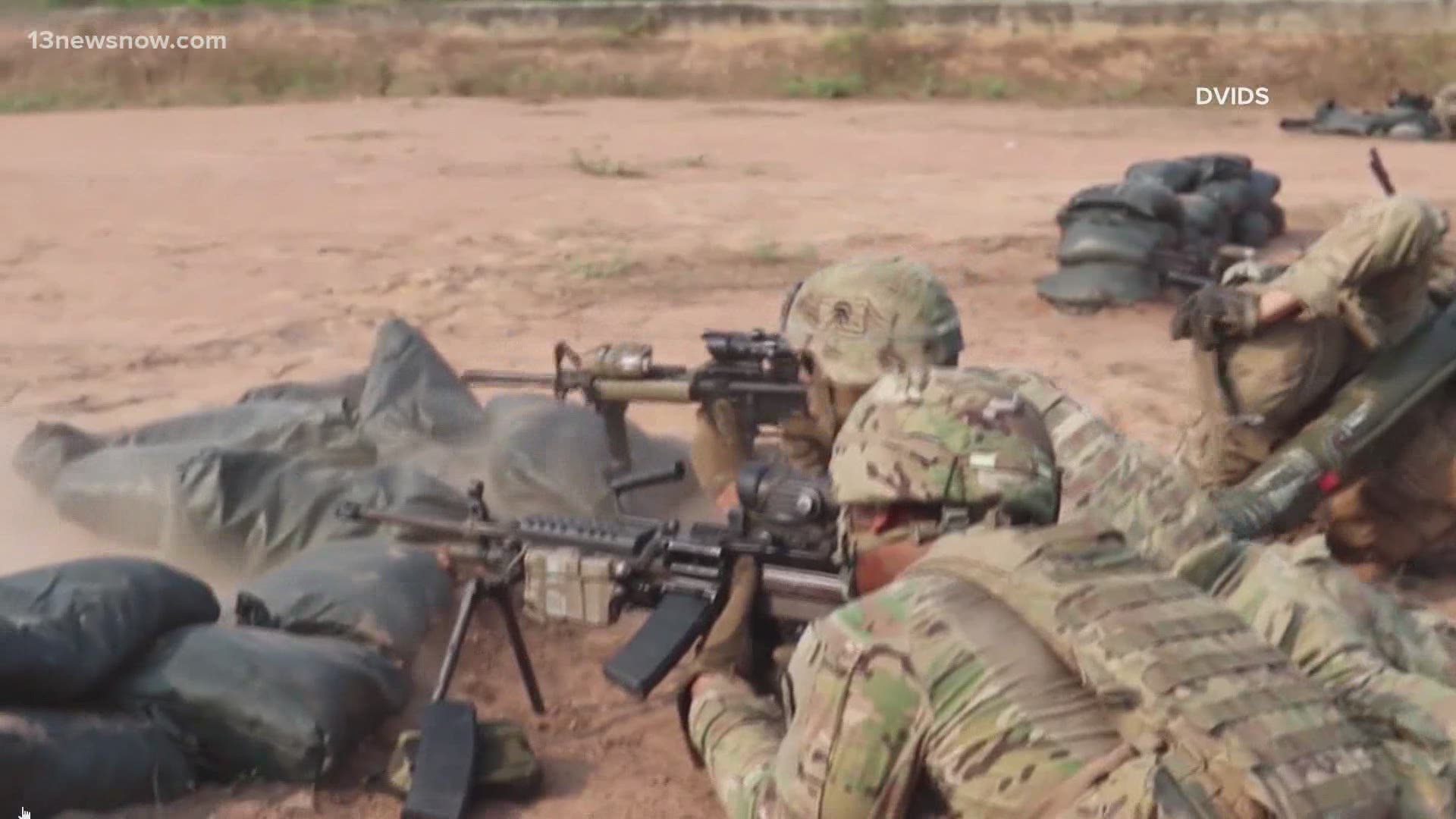WASHINGTON — The U.S. military's withdrawal from Afghanistan is proceeding steadily toward President Joseph R. Biden's September deadline.
In April, the President ordered the military to withdraw its last 2,500 troops and 16,000 civilian contractors from the country by September 11, the 20th anniversary of the 9/11 attacks against the United States.
"Following a rigorous review, the President determined the best path forward to advance America's interests is by ending the United States military's involvement in the war in Afghanistan," said David F. Helvey, acting assistant secretary of defense for Indo-Pacific security affairs, in testimony Wednesday before the House Armed Services Committee.
While the U.S. will not have troops based in Afghanistan, the nation will "maintain counterterrorism capabilities in the region sufficient to ensure that Afghanistan cannot again become a safe haven for terrorists who threaten our security," Helvey continued.
He added: "In this context, and in coordination with our Afghan and international partners, we're working to reposition our counterterrorism capabilities, including by retaining assets in the region to prevent the emergence of a terrorist threat against the United States homeland from Afghanistan, and to hold the Taliban to its commitments to ensure that al-Qaida does not once again gain a foothold."
The United States will continue to fund key Afghan capabilities, Helvey said. This includes sustaining the Afghan military and police forces, the Afghan Air Force, and certain critical military supplies.
"Although we're withdrawing U.S. forces from Afghanistan, we are standing squarely with our Afghan partners and redoubling our diplomatic efforts to achieve a lasting peace," he said. "Afghan forces are performing heroically against a relentless adversary. The Afghan army takes heavy losses daily, but they remain in the fight. And they're an institution of which the Afghan people can be proud."
Committee Chairman Rep. Adam Smith (R-Washington) said he supports the plan.
"It is not an easy decision," he said. "It is not a win-win-win decision where everything is going to be fine. It was, I believe, merely the best decision out of a series of bad options."
U.S. Central Command and the Pentagon have not shared information on how many U.S. troops remain in Afghanistan, because of security concerns.

